Can Dogs Eat Kale? Should You Give It To Your Dog?
11.03.2022.
Are you trying to figure out if you can give kale to your dog? If that's the case, how should you go about preparing it? Are there any better options? Our team of experts examines the health benefits and risks of feeding this vegetable to dogs, as well as how to get the most out of it nutritionally. If you’re wondering what the answer to the question, “Can dogs eat kale?” is, stick with us a bit.
Many of us enjoy eating kale because of its "superfood" health benefits. So it's only logical to ask if the nutrients in this veggie could assist our dogs as well. Let's take a look at whether kale is healthy for your dog to consume, as well as the potential risks and advantages.
Most dogs get all of the nutrients they require from a high-quality complete commercial dog food, so you shouldn't need to supplement unless your veterinarian suggests otherwise.
However, many pet parents may have leftover vegetables that they do not want to waste. Perhaps they simply wish to supplement their dog's diet with some fresh food. In this scenario, knowing which ones you can safely share with your pet and which ones you can't is critical.
RELATED: Can Dogs Eat Brussels Sprouts
Is Kale Safe For Dogs?
If you want to feed kale to your dog, remember that moderation is crucial, and there are lots of other vegetables you might give them instead.
To reduce the quantity of potentially dangerous thallium in kale, choose organic to make it safer for your dog; although even this is no guarantee. This poisonous heavy metal is common in soil, and the rate at which it is absorbed by plants varies greatly between plant species. Kale and other brassica-type plants are known to be thallium hyperaccumulators, with the largest amounts found in the plant's leafy green parts.
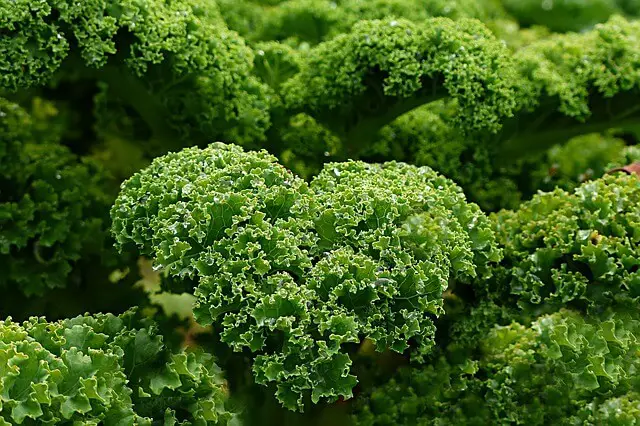
Thallium poisoning is a rare occurrence in dogs who eat kale. Trembling, seizures, an increase in body temperature, and even death are all possible symptoms. However, for this to happen, a dog would have to eat a lot of kale or consume it on a regular basis.
RELATED: Can Dogs Eat Broccoli?
Is Kale Beneficial to Dogs?
This lush green plant contains a plethora of nutrients that can benefit both canines and humans. Some of the best nutrients you can find in kale are;
Calcium
Kale is a good source of calcium from plants. Calcium is an essential mineral that keeps the dog’s bones and teeth healthy. However, kale also contains oxalate, which aids in the absorption of calcium in the body. Oxalate, on the other hand, can cause problems in some dogs, particularly those that are prone to bladder stones.
Iron
Kale, like many other dark leafy green vegetables, is high in iron, which aids in anemia prevention. Animals will acquire the majority of their iron through meat, but kale can be a good alternative for humans.
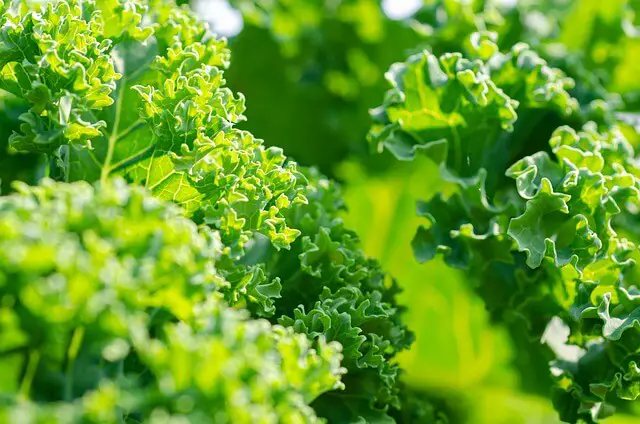
Vitamins
Kale is high in vitamin C, which helps to keep the immune system, skin, and connective tissue in good shape. Dogs don't need this vitamin from outside sources because they can make it themselves. Kale, on the other hand, is a wonderful choice for humans trying to increase their vitamin C intake. Vitamin E, which aids the immune system, is also present, as is vitamin K, which is necessary for blood clotting.
Antioxidants
Antioxidants are chemicals that block free radicals, which cause oxidative damage to the body's cells. As you probably already know, free radicals can lead to health problems like cancer. More research into the effect of vegetables in cancer prevention is needed, although the studies seem promising.
Fiber
Kale, for example, is high in insoluble fiber, which helps with digestion. It's important to keep in mind that too much fiber can cause issues, so only feed in moderation.
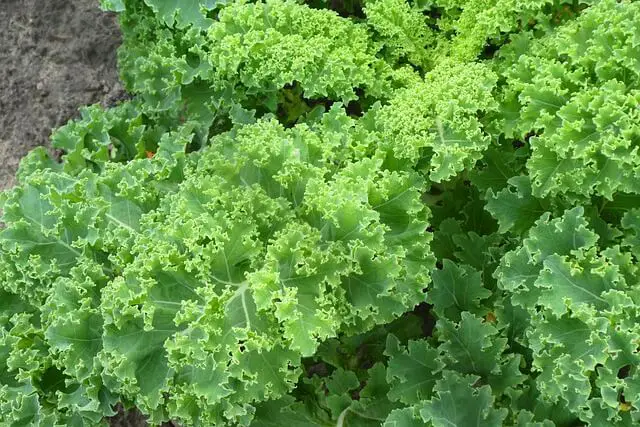
RELATED: Should You Add Cauliflower to Dog's Food?
Is Kale Toxic to Dogs?
Kale is not dangerous, and little amounts are unlikely to harm your dog. However, many substances found within it may cause difficulties. If kale is fed in big quantities or on a regular basis, these complications are far more likely to happen.
Kidney and bladder stones can be caused by calcium oxalate. Kale should be avoided by dogs who have had bladder stones in the past or who are at a higher risk of acquiring them. Calcium oxalate stones are more common in the following breeds, therefore exercise special caution with them;
Isothiocyanates are thought to lessen the incidence of cancer and provide other advantages in humans, but they can induce intestinal discomfort in dogs. If your dog eats too much kale, they can experience nausea, vomiting, and diarrhea. Large doses could be poisonous or cause severe stomach pains. As a result, small amounts of kale should be fed to limit the likelihood of this happening.
Can Dogs Safely Eat Raw Kale?
Although raw kale is safe to consume for dogs, it is more difficult for them to digest than cooked kale. If your dog has a sensitive stomach, raw kale may cause them to have stomach problems and gas.
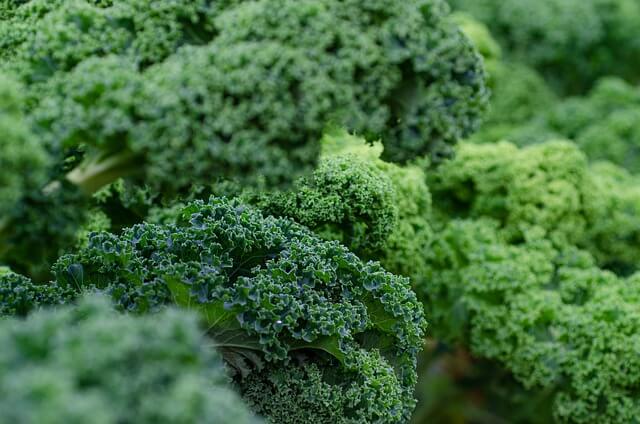
By pureeing raw kale before feeding it to your dog, you can make it easier for them to digest it. Cooked kale is much kinder on their gut and simpler to digest, so it's better to lightly steam, boil, or bake it before feeding it to your dog.
RELATED: Can Dogs Eat Cabbage?
Is Curly Kale Safe for Dogs to Eat?
Curly kale can be eaten by dogs in the same way that ordinary kale can, but the same rules apply. Curly kale is the most common type of kale, and your dog can benefit from a small amount of raw or steamed curly kale in their diet. However, it must be eaten in moderation, just like regular kale, and it is not suitable for all dogs to eat all of the time.
Are Kale Stems Safe for Dogs to Eat?
Although kale stems, or ribs, are edible, they are stiff, fibrous, and bitter. We humans usually sever the stems off because they are unpleasant to eat. Some individuals, on the other hand, may throw the stem to the dog in the hopes that they will appreciate it as a crunchy snack.
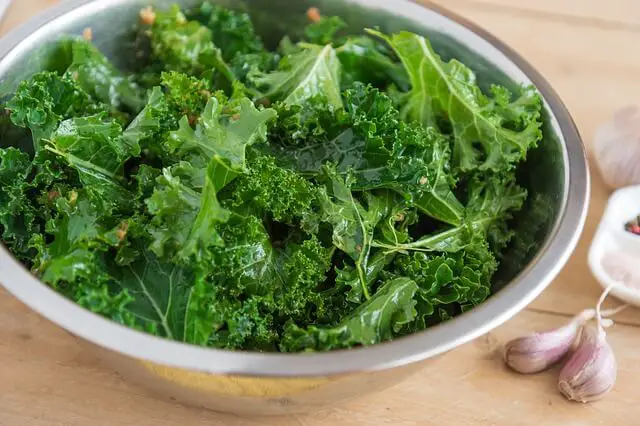
Your dog may enjoy them, and they may provide some nourishment, but the high oxalate level poses the same hazards as kale leaves.
Cooked stems might be alright for your dog to consume, but raw stems can cause choking. Keep in mind that no matter how they're served, your dog may still find them unappealing.
So, Should I Give My Dog Kale?
While giving small-to-moderately-small amounts of kale to dogs won't harm them in most circumstances, most veterinarians advise against using kale as a treat or as part of a homemade diet, especially if there are any underlying medical issues or concerns. There are plenty of green alternatives for your dog to eat that aren't harmful to their health. Most dogs can safely eat peas, green beans, and cucumbers, and you can find more information about which fruits and veggies are safe for dogs to eat here - Healthy Fruits That Are Safe For Dogs.
World Dog Finder team

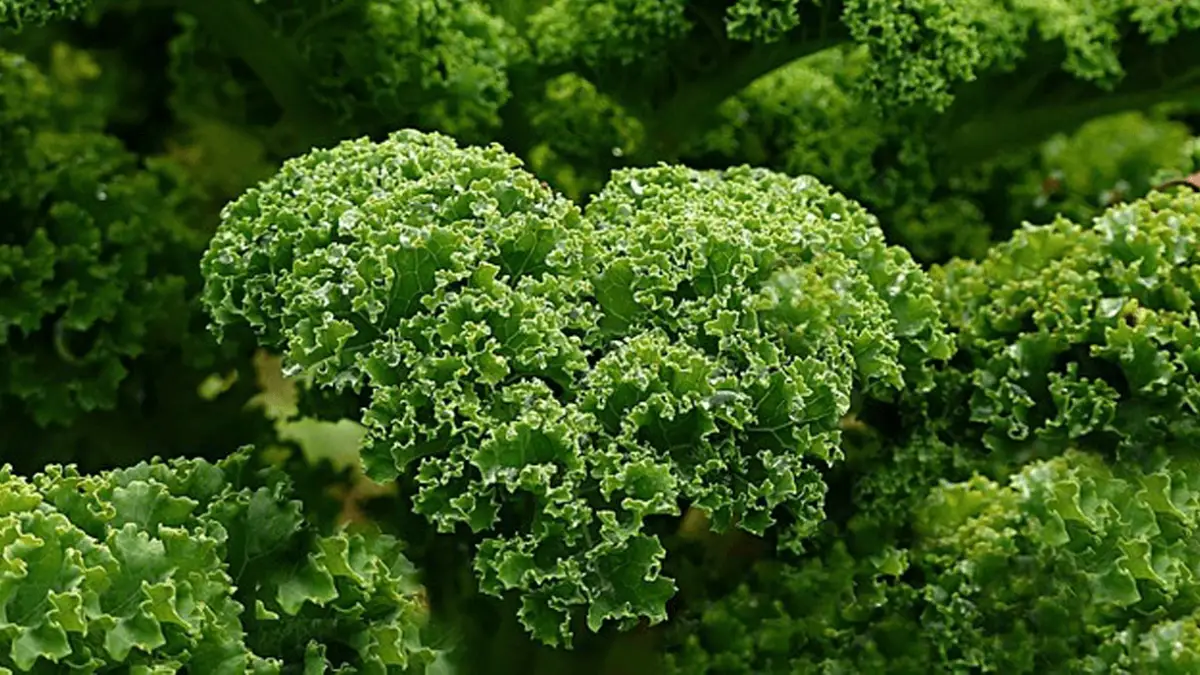
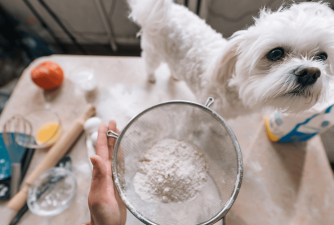

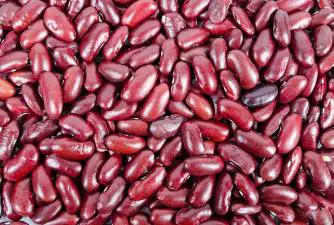
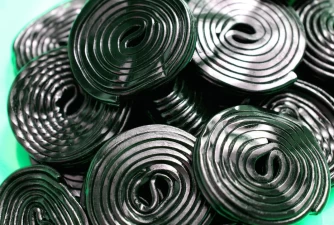

Share